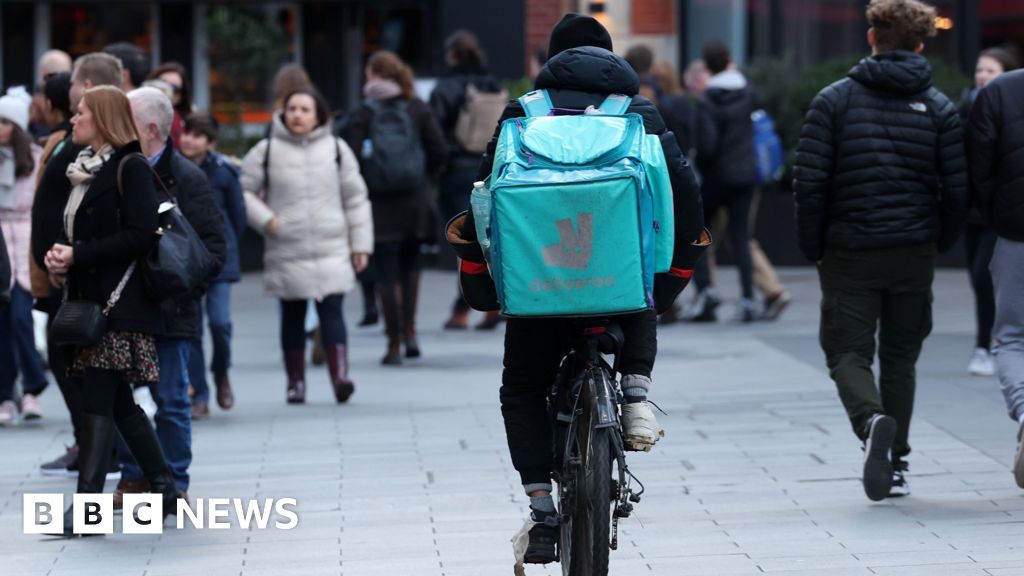Understanding the Impact of Asylum Hotel Locations on Immigration and Community Dynamics
In recent developments, the UK Home Office has made headlines by revealing the locations of asylum hotels to food delivery apps. This decision has raised numerous questions regarding the implications for both asylum seekers and local communities. In this article, we will explore the various dimensions of this issue, including immigration policies, community integration, and the broader societal implications.
Asylum Hotels and Their Role in Immigration
Asylum hotels serve as temporary accommodations for individuals seeking refuge while their claims are processed. The growing number of asylum seekers in the UK has led to the use of these hotels, which are often located in urban areas. This approach has sparked debates about the effectiveness and ethics of housing asylum seekers in such facilities.
Key points regarding asylum hotels include:
The Community Response
The revelation of asylum hotel locations to food delivery apps has drawn mixed reactions from local communities. While some residents express support for helping asylum seekers, others raise concerns about the potential strain on local resources and services.
Concerns raised by communities include:
However, it is essential to recognize that many communities have successfully integrated asylum seekers, fostering positive relationships and cultural exchanges. Programs aimed at community engagement can help bridge gaps and alleviate fears.
Current Immigration Policies and Their Implications
The recent move by the Home Office aligns with broader immigration policies that have been in flux, particularly concerning asylum seekers. With the UK facing a surge in asylum applications, the government has implemented various measures to manage the inflow.
Some relevant immigration policies include:
The government’s approach has been met with both support and criticism, reflecting the complexities of immigration reform. Advocates argue for more humane treatment of asylum seekers, while some citizens call for stricter controls.
The Role of Food Delivery Apps
The involvement of food delivery apps in areas housing asylum seekers has the potential to foster greater interaction between communities. By facilitating access to food, these services can help alleviate some of the challenges faced by individuals staying in asylum hotels.
Possible benefits of food delivery services include:
This integration can lead to a more cohesive community, where different cultures are celebrated and shared.
Looking Ahead: The Future of Asylum Policies in the UK
As the situation evolves, it is crucial to consider the long-term implications of current asylum policies. The Home Office’s decision to disclose hotel locations to food delivery apps may signify a shift towards a more transparent and collaborative approach to immigration.
Key areas to monitor include:
As the UK continues to navigate the complexities of immigration, it is essential for all stakeholders—government, communities, and asylum seekers—to engage in constructive dialogue. By working together, it is possible to create a more inclusive society that respects the needs and rights of all individuals.
Conclusion
The revelation of asylum hotel locations to food delivery apps marks a significant moment in the discourse on immigration and community integration. While challenges remain, the potential for positive interactions and mutual understanding exists. As the UK grapples with its immigration policies, the focus should remain on fostering a society that balances compassion for asylum seekers with the concerns of local communities. By embracing this challenge, the nation can work towards a more inclusive future.










